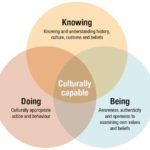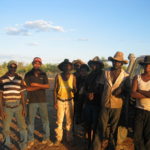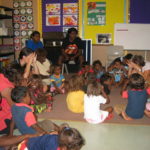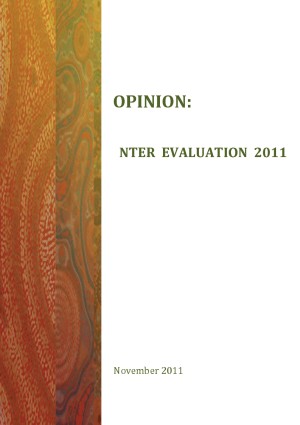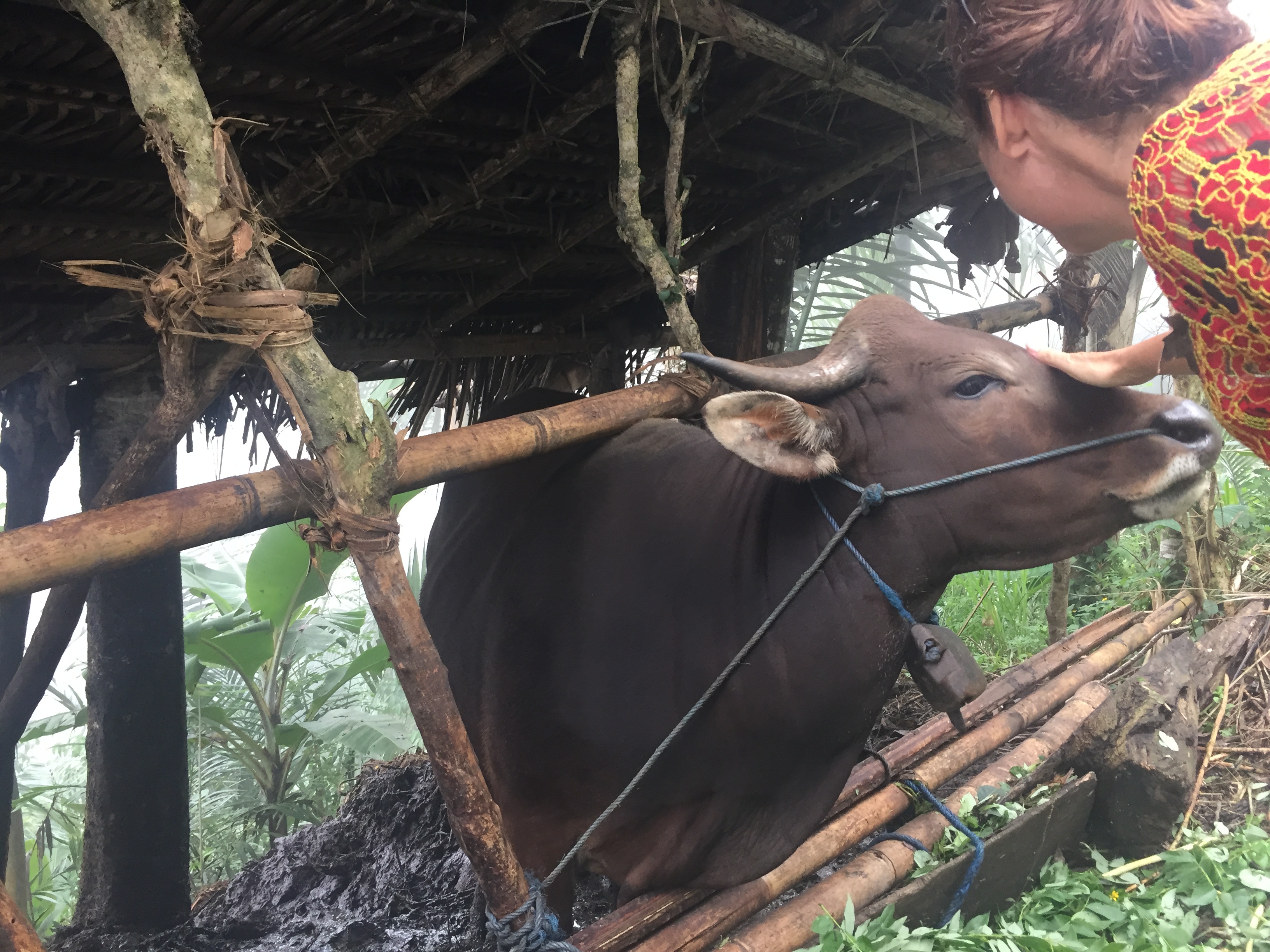
We are a spread of generations, 30 years old, 40, 50 and 60. Collectively, we are mothers of ten children, aged one to 31. We have all lived, loved and lost in vastly different ways.
I shared lunches with these three other magnificent women in the last few days – one I’ve not seen in a couple of months, one in almost a year and the other in over four years. I love how no time passes though; we come together as though we catch up every week, unaffected by the distance of living in different countries.
We share our trials and tribulations; together celebrating and mourning, without opinion or judgement. We laugh ourselves silly at the individual lessons we learned, yet stand in solidarity. We are friends.
Three of the four of us have come out the other side of awful, narcissistic relationships. The youngest of us has learned from her elders and will not suffer the same fate.
One of us lost her businesses to the end of a relationship; one is in the early stages of expressing herself through a new business; one is on career-hold as a full-time mummy; and, one is at the conclusion of a long career and looking for something different. How are we friends?
I noticed that my friendship circle comprises an heuristic approach to relationships; a healthy measure of belief in the honesty, fairness, and benevolence of one another. We trust each other, which is far more an attractive alternative to the control and dependency present in some of the other relationships we discussed.
This trust is intriguing.
In a social context, definitions of trust typically refer to a situation characterised by one party being willing to rely on the actions of another party; and, the situation being directed to the future.
Where does it come from though?
Sociology acknowledges that the contingency of the future creates dependency, specifically that the trustor becomes dependent on the trustee. Trust is specifically valuable if the trustee is much more powerful than the trustor, yet the trustor is under social obligation to support the trustee.
Is this true of friendships?
As friends, why would we feel the need to have power over one another? It is in direct contradiction to the benevolence that is the foundation of our trust. In my experience, the trust in authentic friendships is built on equal-ness, not disproportionate power and, we talked about this at length. It occurred to us that the lovers relationship context was often fraught with power struggles. At least, that was the view expressed by the three of us single ladies. Mrs 30 looked at us as though we must be mad and described her experience as being free of such conflict. Power, if that is indeed the concept, is distributed evenly across their partnership and any disagreement is handled with healthy negotiation and a joint decision on how to proceed. They are friends!
We have a lot to learn from Mrs 30.
In the ensuing conversations, we discovered a phenomenon that shocked us all. Even though trust is always evident in our friendships, it sometimes wavered in ourselves. Why?
We are intelligent, highly educated, professional women. We are also fiercely independent. How can this happen to three powerful women who have each contributed major social change in the world through their individual careers? What happened? Why weren’t we trusting ourselves anymore?
Each of us reflected on the relationships we had left, crying into our coffees at the shame of losing our power. We all felt beaten down, the common theme a psychological ‘death by a thousand cuts’. Our relationship others had each told us that we are incompetent so many times that we started to believe it. Confidence drained out of us like blood from slashed wrists.
We trusted our relationship others and were blinded to the truth. The trust bestowed by our others rested in their ability to shift the power dynamic heavily in their own favour. Commitment to the relationships burdened us with the social obligation to support (aka, make excuses for) our others.
Confidence is an appropriate belief in the competence of ourselves or another. We had each collapsed that (in)competence into the degree of trusting or, more accurately, not trusting ourselves. In reality, our others were breaching our trust over and over with their lack of benevolence and honesty; and, we were forgiving them for disgraceful behaviour under the falsehood that we were the incompetent ones.
What of Mrs 30?
With the utmost humility, Mrs 30 saw that her relationship is founded in equal-ness that honours her, her other and their children. She trusts her other; her other trusts her; and, they both trust themselves. She was shocked at the realisation that her ‘heroes’ are fallible. However, her trust in us is as steadfast as ever.
When I grow up, I want to be like Mrs 30.

